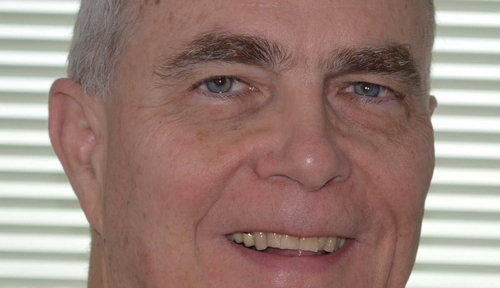At the University of Nebraska Medical Center, Nebraska native and oncologist, James Armitage, M.D., launched what today is one of the most successful bone marrow transplant programs in the world. The first bone marrow transplant was performed 30 years ago on April 1, 1983.
The program has performed 4,460 transplants in patients from all 50 states and more than a dozen countries — 4,043 transplants in adults and 417 in children. Most adults have sought the treatment for cancers of the blood, in particular, lymphoma, leukemia and multiple myeloma. Pediatric transplants normally are performed for patients with more aggressive disease such as for acute lymphoblastic leukemia.
Below are some of the significant milestones of the program.
- 1982 – Formation of the Nebraska Lymphoma Study Group – an ongoing, statewide team of oncologists, pathologists and others who provide clinical and tissue samples of lymphoma patients for analysis at the medical center. The collaboration improves diagnostic and treatment methods.
- 1983 – performed the first bone marrow transplant in Nebraska.
- 1984 – pioneered peripheral stem cell transplants, now standard therapy around the world.
- 1995 – became one of the 13 charter members of the National Comprehensive Cancer Network – a network of some of the world’s leading cancer centers. The primary goal of the NCCN is to improve the quality, effectiveness, and efficiency of oncology practice so patients can live better lives.
- 1997-2013 – studied the addition of radioimmunotherapy as part of the transplant regimen for lymphoma treatment.
- 2000 – pioneered the use of molecular genetics to identify unsuspected differences in lymphomas.
- 2000-2010 – participated in studies to better define T-cell lymphomas and others that demonstrate that using the expression of genes in lymphoma cells can identify previously unknown subtypes of lymphoma and offer new targets for therapy.
- 2001 – participated in clinical trials to customize and use vaccines in lymphoma patients. Cancer vaccines use the patient’s own cells to produce an immune response that kills cancer cells that may be leftover in the body after standard cancer treatment, and hopefully prevent recurrence of cancer.
- 2001-2013 – One of 16 centers funded by the National Cancer Institute to perform bone marrow transplant clinical trials.
- 2012: participating in studies using lymphoma genetics to try to design individualized therapy for patients.
UNMC’s involvement in clinical studies included FDA approvals of these significant drugs:
- Gleevec – an oral therapy for chronic myeloid leukemia. In 2001, the approval of the drug was the most rapid FDA approval ever.
- Luekine (also known as GM-CSF) – a drug that stimulates the growth of bone marrow cells. The drug was the first of its kind to be approved.
- Rituxan (Rituximab) – the first monoclonal antibody drug approved to treat cancer — an antibody that attaches to cancer cells and kills them.
- Bexxar (Tositumomab) – a drug that attaches to a protein found only on the surface of B lymphocytes such as cancerous B-cells found in many forms of non-Hodgkin lymphoma. The radioactivity targets the B-cell, destroying it.
- Brentuximab vedotin (SGN-35) – for patients with recurrent Hodgkin lymphoma and anaplastic large cell lymphoma. A monoclonal antibody that directs an attached chemotherapy drug to the lymphoma cells which destroy them.
- Lenalidomide – for maintenance therapy following stem cell transplantation for multiple myeloma – now a standard treatment.
- Lenalidomide – for the treatment of myelodysplastic syndromes and non-Hodgkin lymphoma.
Through world-class research and patient care, UNMC generates breakthroughs that make life better for people throughout Nebraska and beyond. Its education programs train more health professionals than any other institution in the state. Learn more at unmc.edu.
-30-
